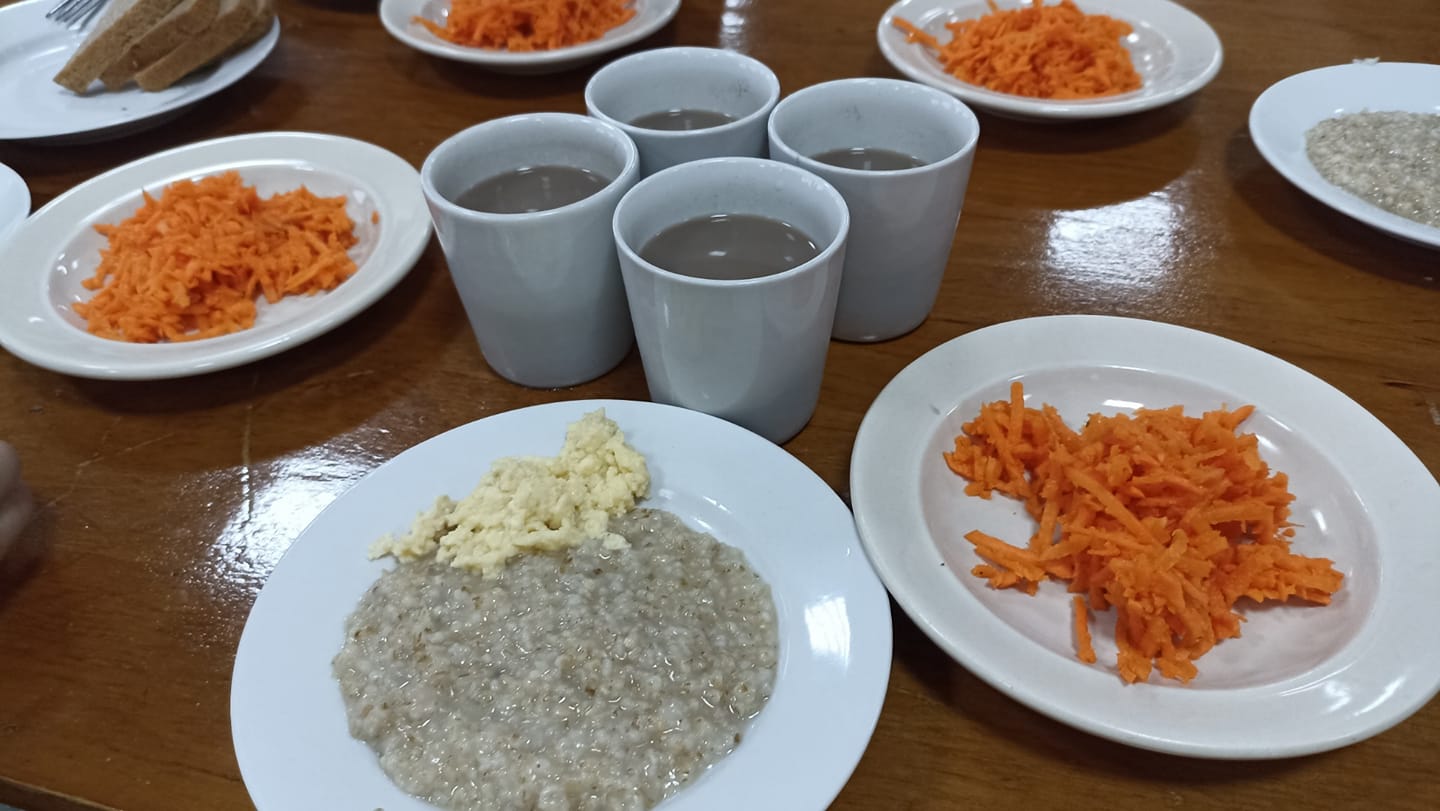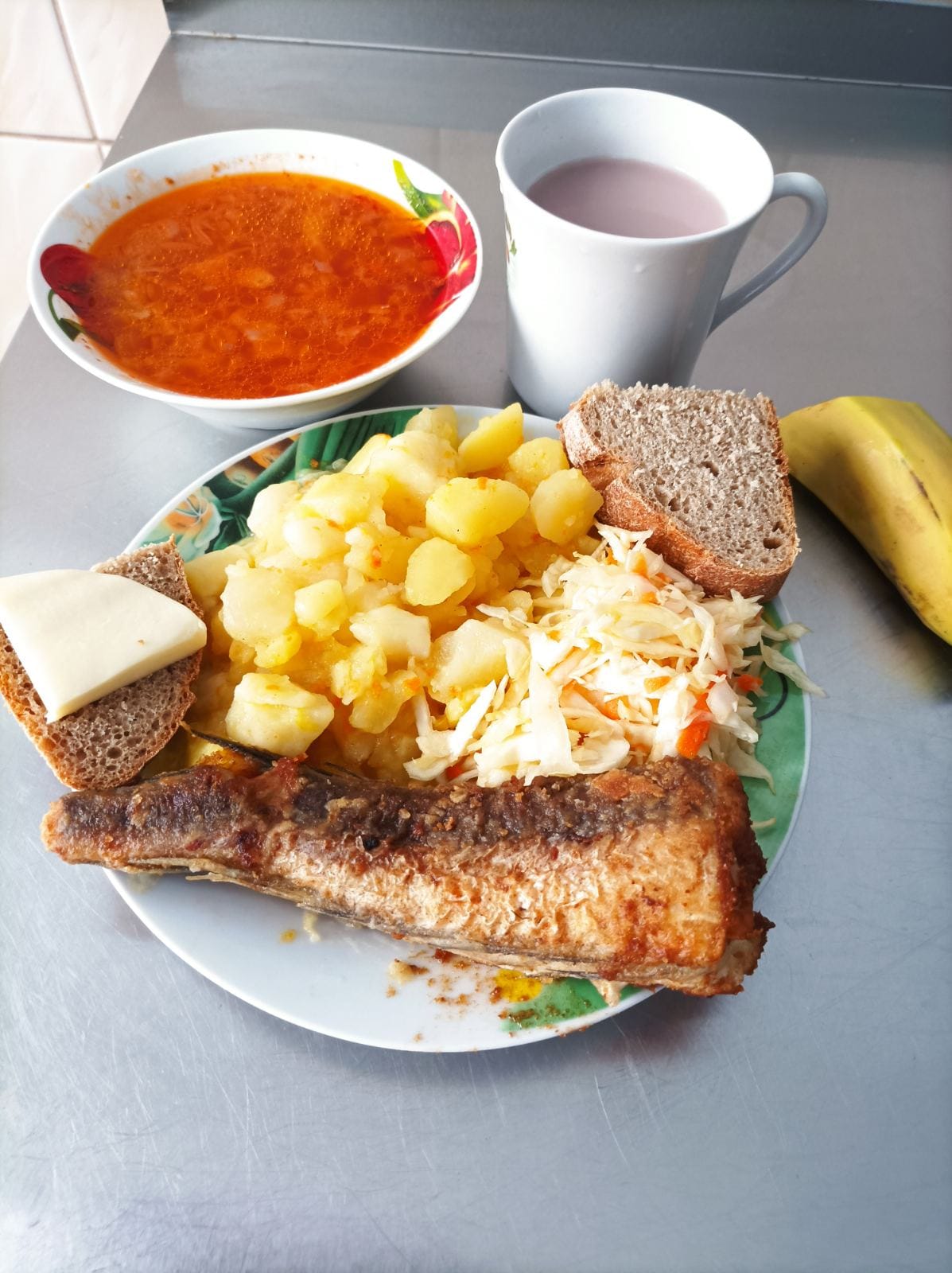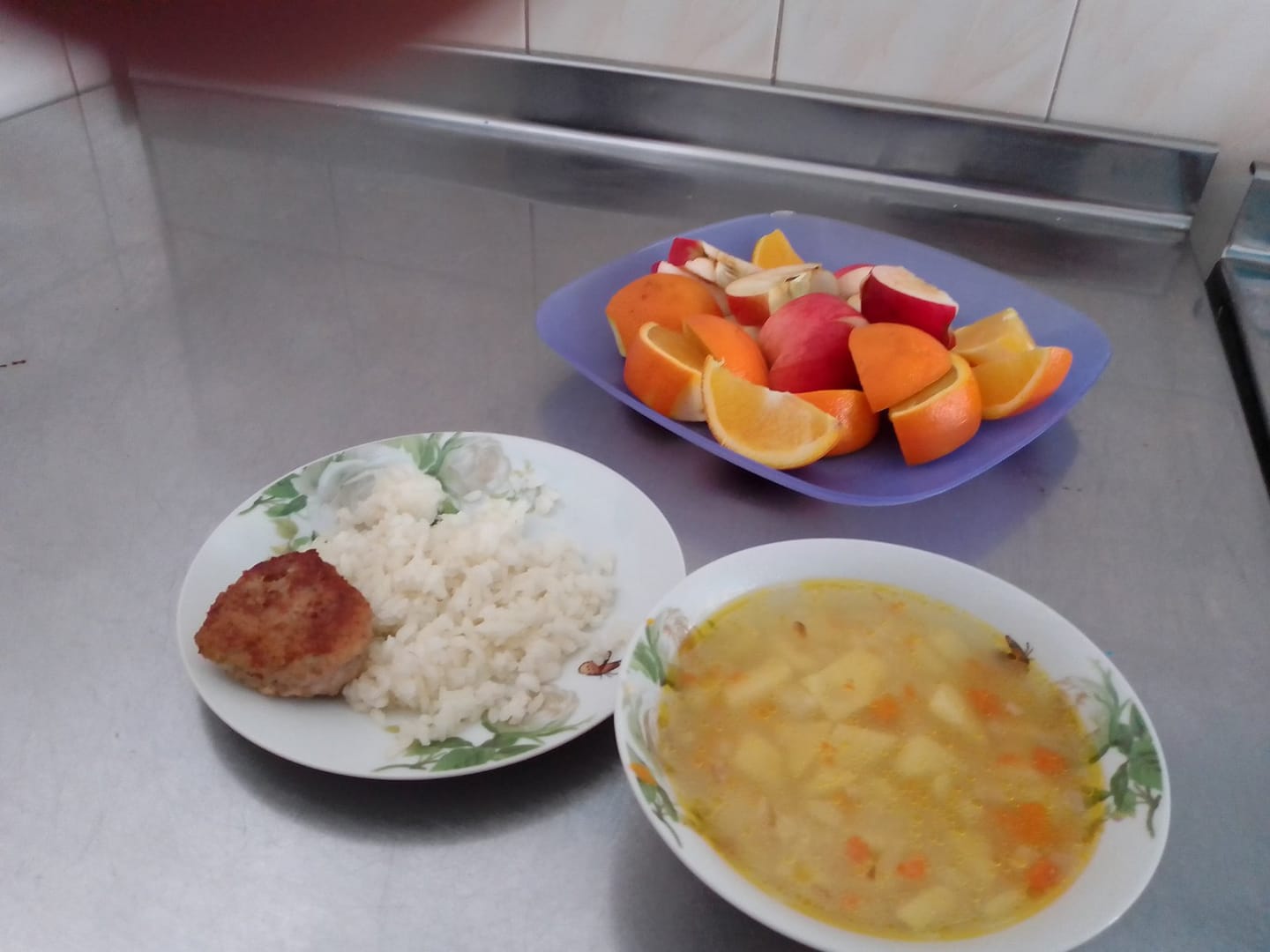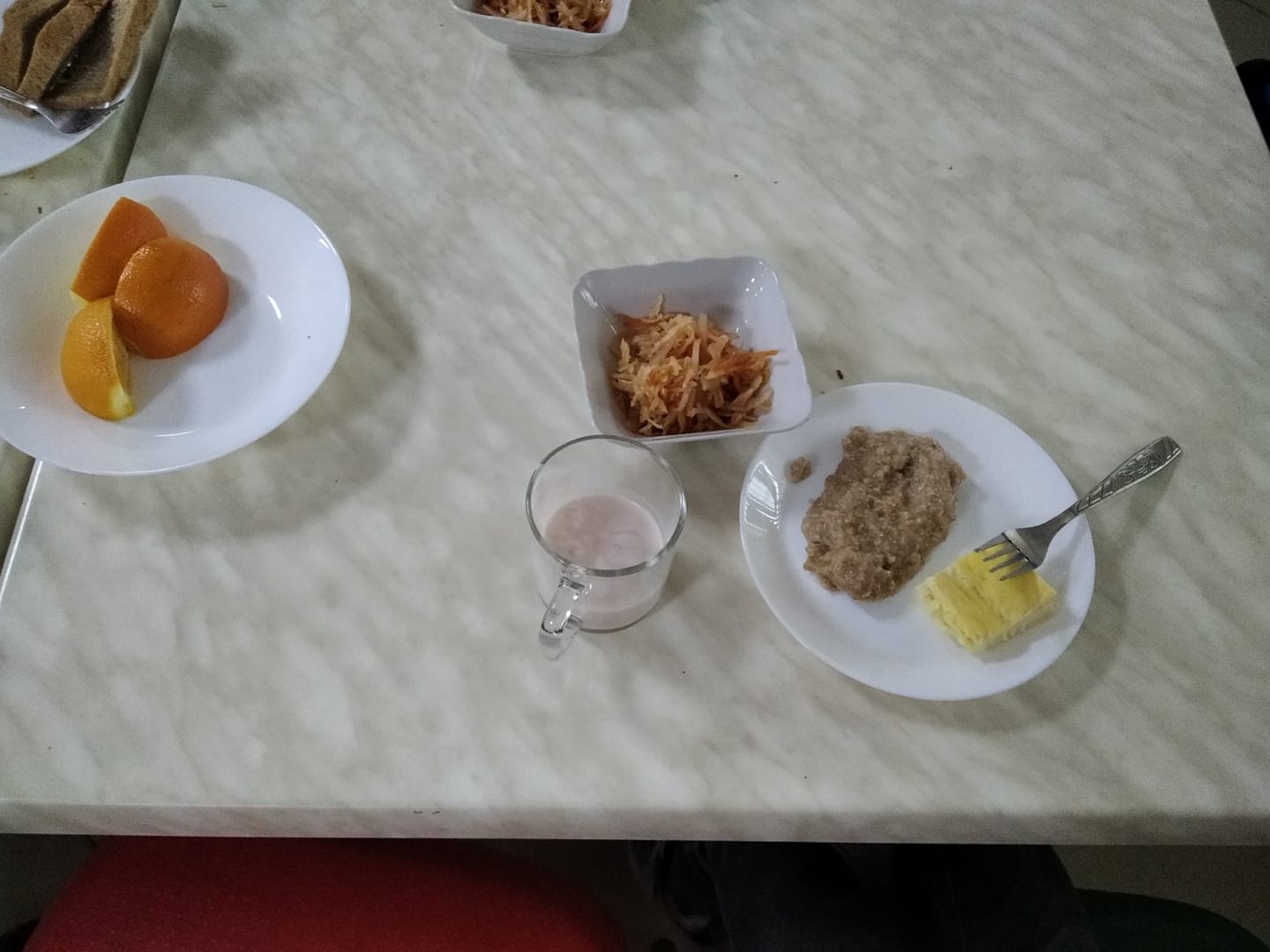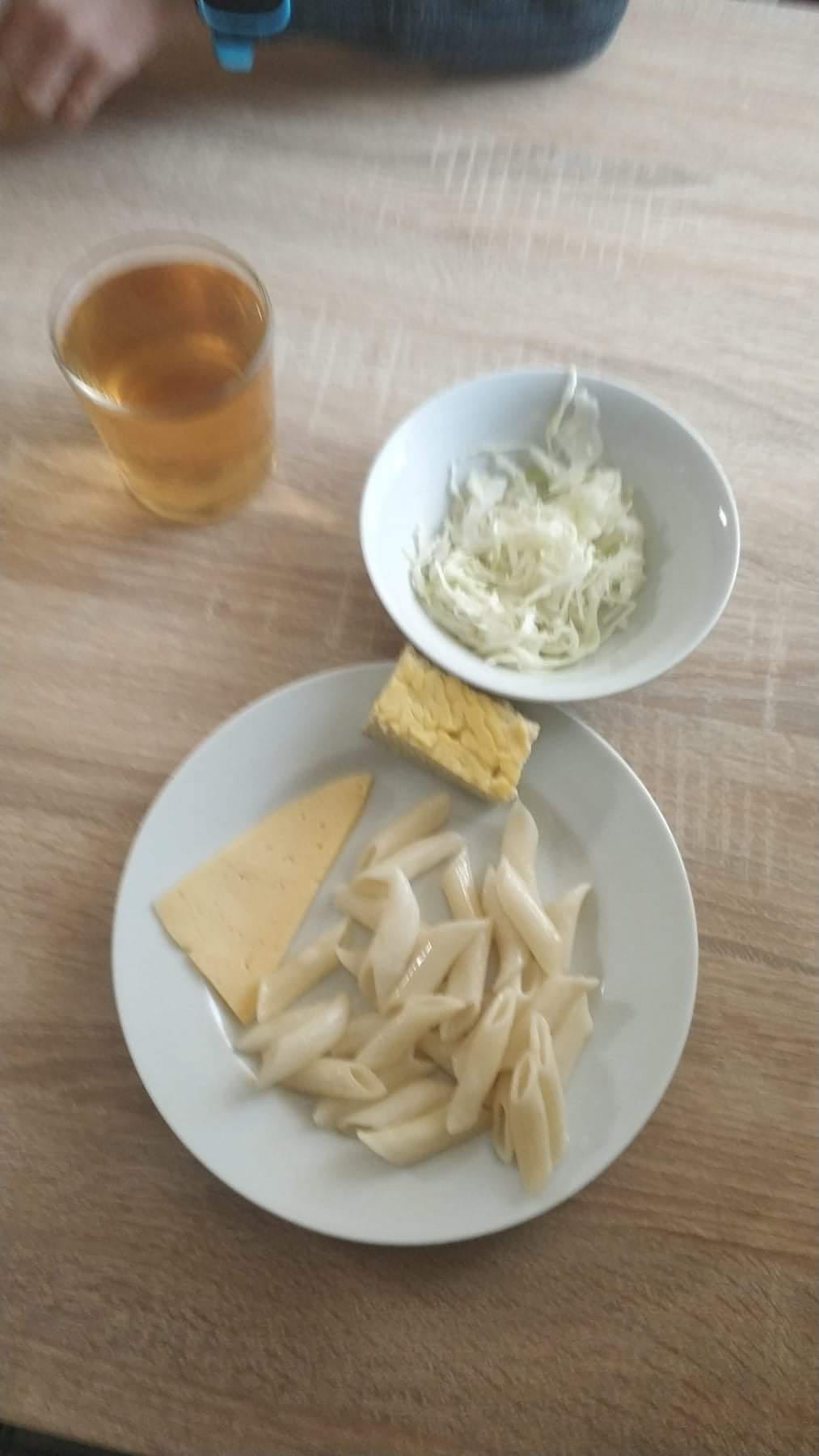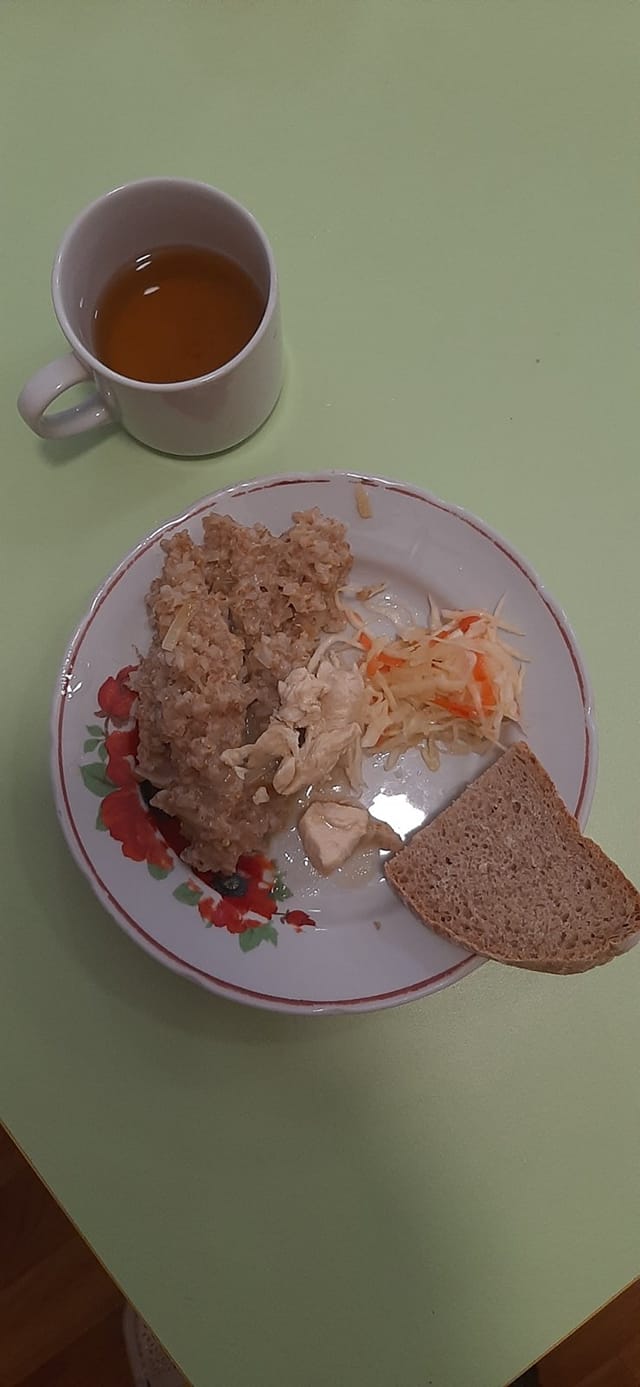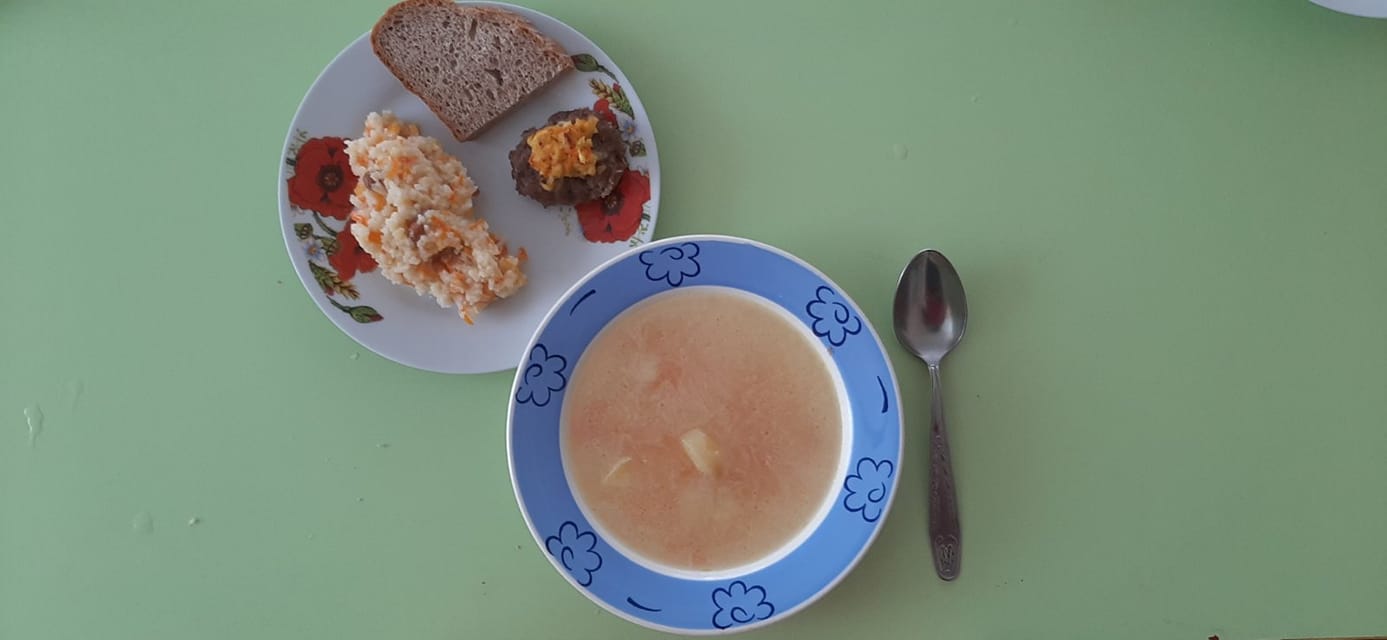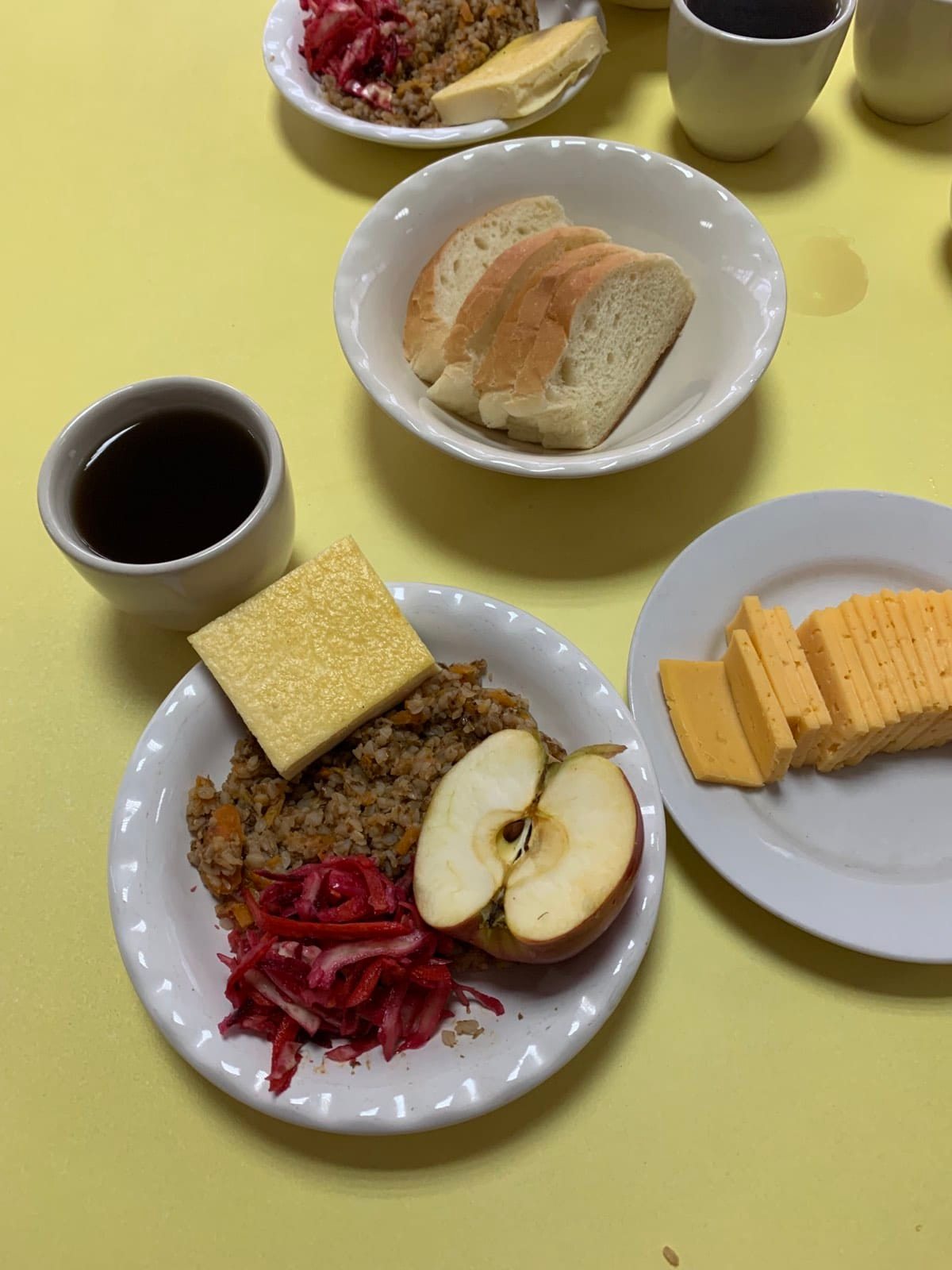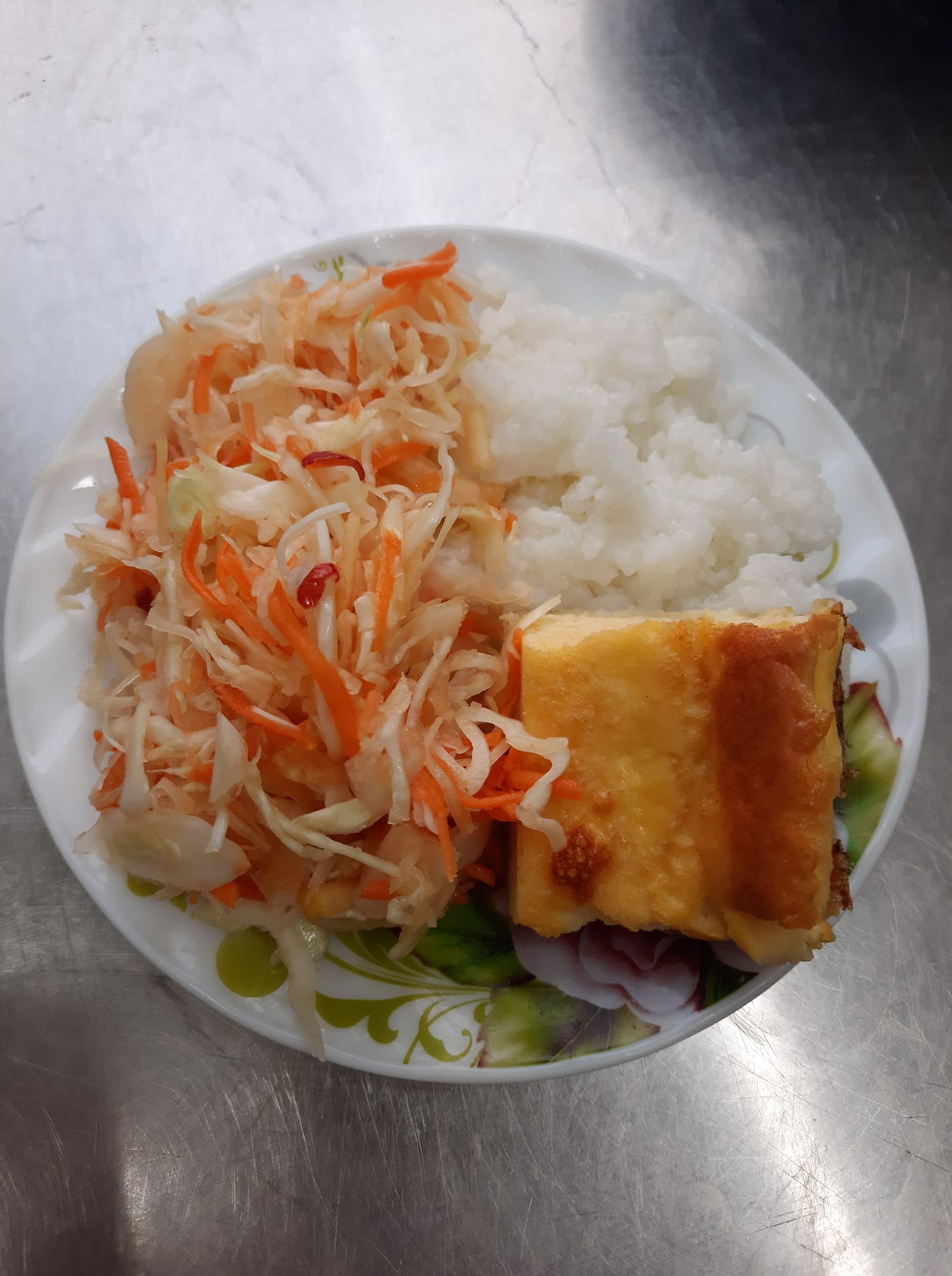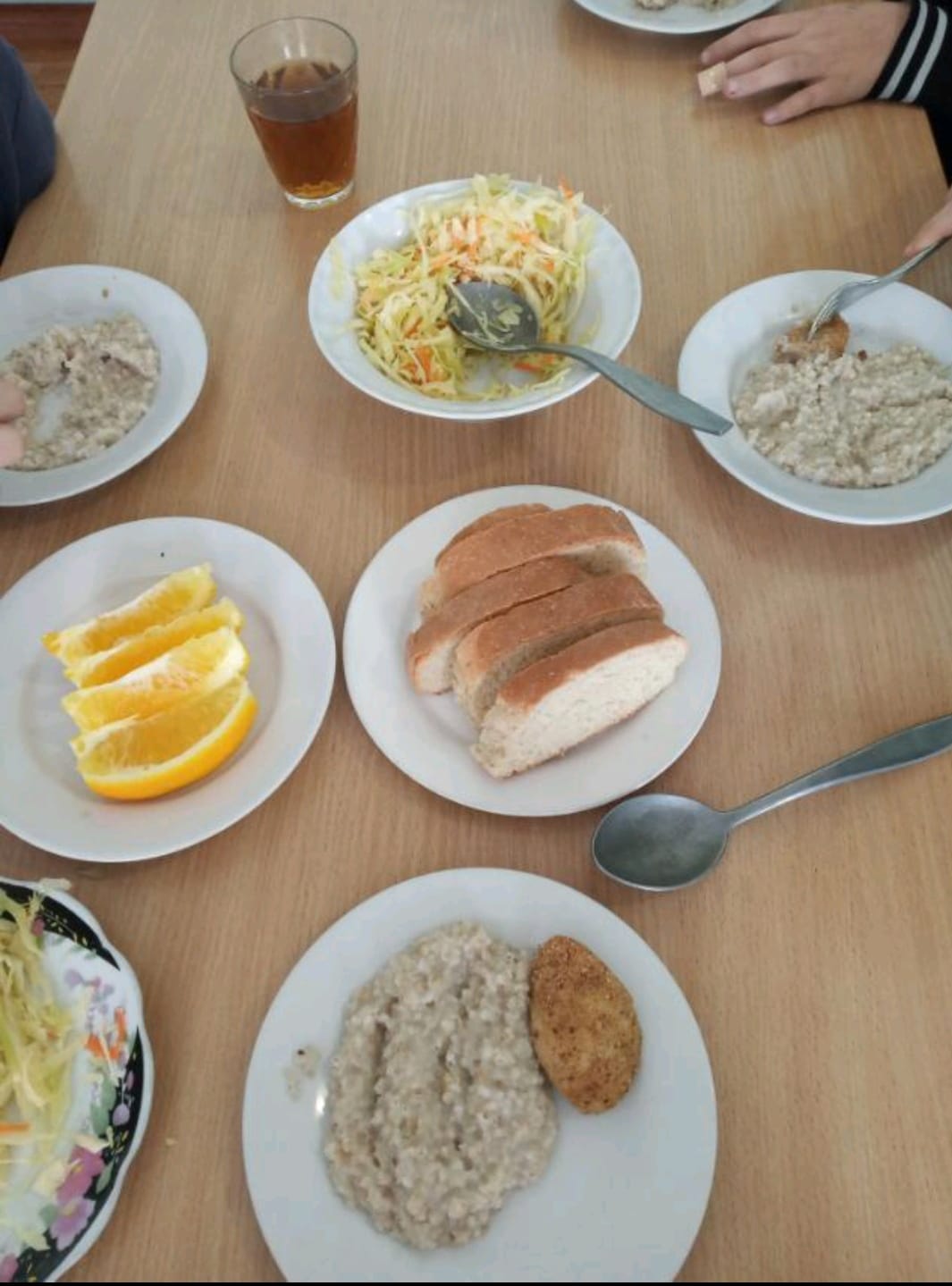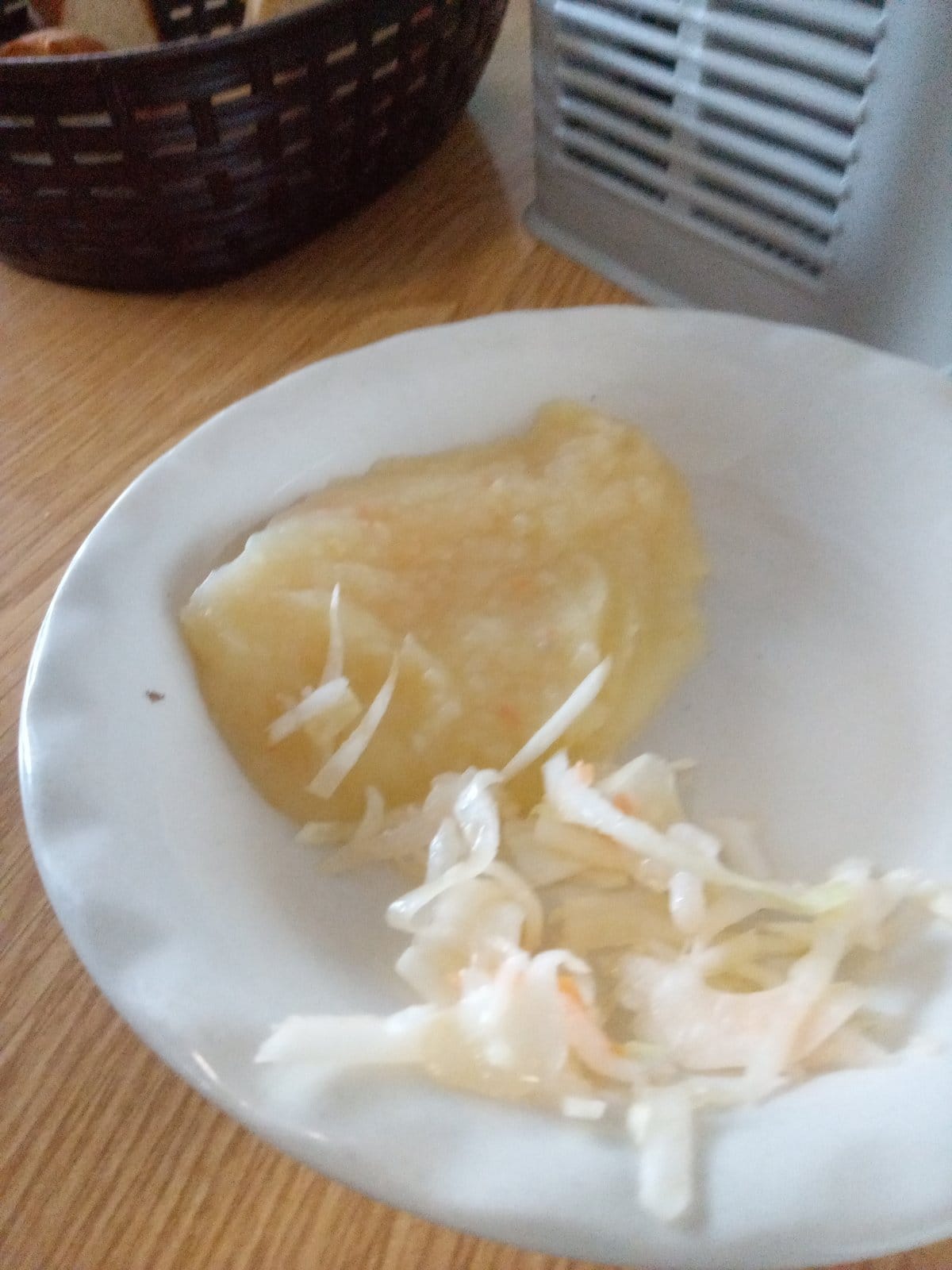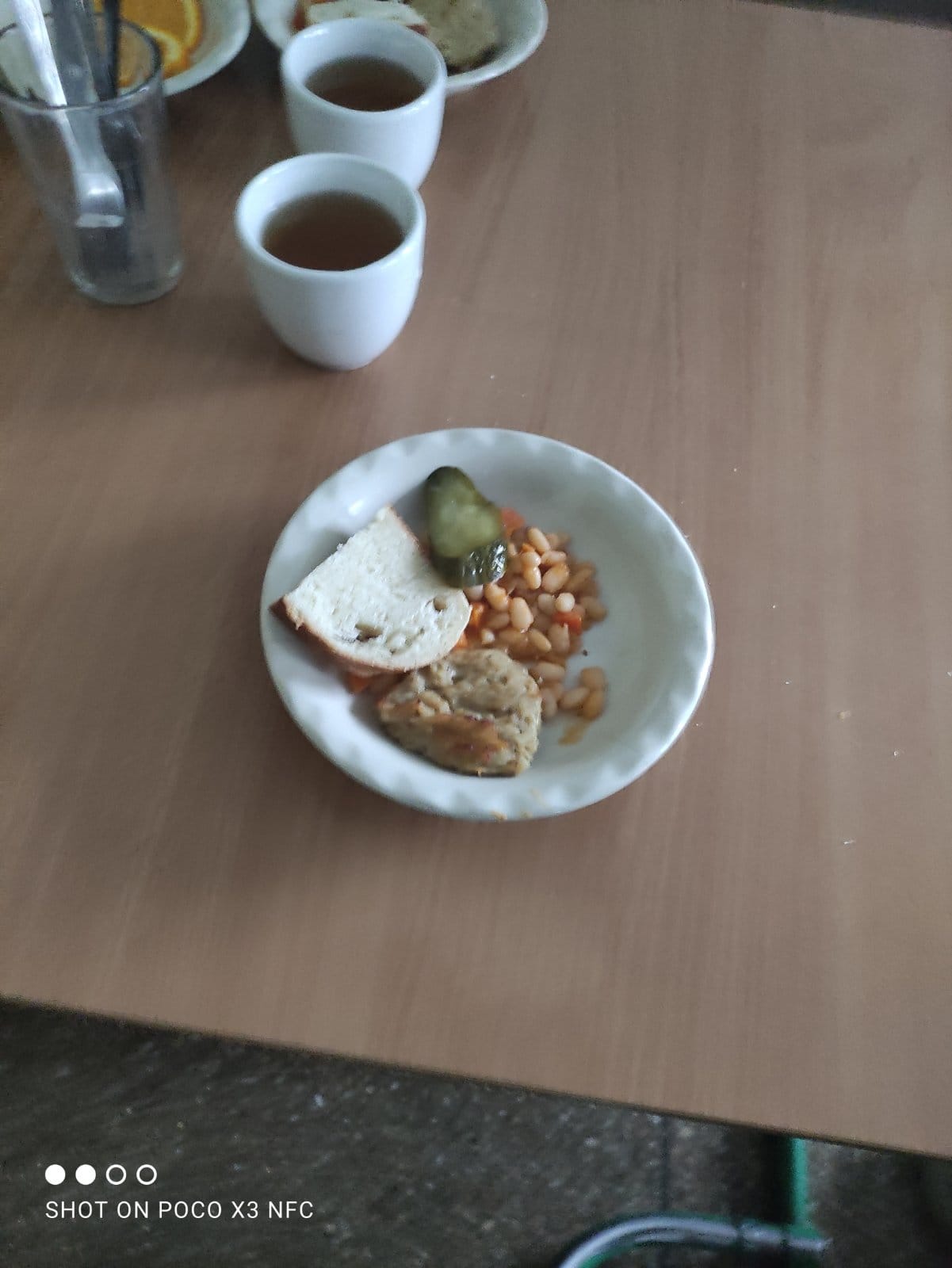Despite foreign media reports suggesting that the number one issue for Ukrainians nowadays is war, in reality, the everyday social media battles are being fought over a much more peaceful issue: food.
A new menu for school cafeterias developed by chef Yevhen Klopotenko is now being introduced. The conflict is real, emotions are high, and nobody is spared.
Klopotenko, who developed his brand on revamping and popularizing obscure traditional Ukrainian recipes obliterated by decades of Soviet product scarcity, developed a menu for schools that would include less sugar, less salt, fewer fats, more fresh vegetables, meat, and fish, and no sausages or food preserves.
The new menu has been developed as part of the school nutrition reform that was launched in early 2021 according to recommendations of the World Health Organization. It aims to transform unhealthy eating habits and teach the younger generation healthy eating. Apart from Klopotenko's team, specialists of the Ministry of Health, dieticians, the Ministry of Education took part in drawing up the new school fare.
The standard died of Ukrainians contains too much bread, sweets, salt, foods fried in sunflower oil. Ukrainians don't eat enough fruit, whole grains, legumes, nuts, and fish. Also, Ukrainians consume a lot of alcohol.
Klopotenko's new menu aimed to address these problems. It includes world (albeit simplified and localized) recipes many Ukrainians are unused to such as taboule, rizotto, frittata, chicken nuggets, as well as forgotten Ukrainian traditional recipes such as shpundra (pork sauteed with beets), banosh
(a corn porridge cooked in sour cream), vertuta (rolled pastries), etc.
Kids that were used to sweet food and sausages are boycotting the menu and complaining to parents. Parents who were used to the old post-Soviet fare are angry and demand to roll back Klopotenko's menu, as well as the reform of school nutrition reform. Yet others support Klopotenko, saying that the reform is long overdue.
Photos shared by parents under Klopotenko's Facebook post show that the food that ends up on students' plates differs drastically from school to school, that it is often unappetizing both in appearance and taste. Some parents complained that the meals now have zero added sugar or salt.
"This is cruelty and genocide," commented one mother. "All the food goes into the wastebin, children don't want to eat it," commented a school cook.
"My son likes it! He wanted to eat in the cafeteria himself! For me, as a mom, these are changes for the better," commented yet another mom.
"We are experiencing a conflict between the modern vision and the old system. And it is natural that it creaks, breaks, spills, and fails," Klopotenko commented
on the petition to the president demanding to cancel the reform.
"The idea is that children eat healthy food in kindergarten, then at school, and then they will cook healthy food for themselves, and then for their children, and then for their grandchildren," Klopotenko explained the essence of the changes.
Klopotenko says that often the school cooks need training, as they don't know how to prepare the recipes correctly, recommends lowering the salt and sugar content gradually, as well as decreasing sugar use at home, and monitoring the actual outcome of the dishes in specific cafeterias.
Yet other problems with the implementation of the reform are outdated equipment and the low quality of products purchased for schools.
"Instead of high-quality meat, schools often are supplied with fat and lard. It is impossible to prepare delicious food from poor-quality products. And this is not about sugar, salt, or sauces. And from time to time some school cooks steal products to bring back home," explains Olena Lizvinska, an expert in child safety. She adds that the tender system of procurements leads to schools buying the cheapest bid and that the cheapest products can't be of good quality.
In addition, the price of the new menu has gone up, while in many places the food has stayed the same mediocre quality. The expert believes this has led to most complaints of parents.
While the debate is ongoing, Ukrainian social media is now an angry place to be, as everyone has an opinion about what food is worth eating.

